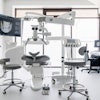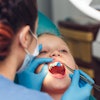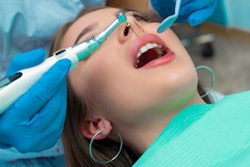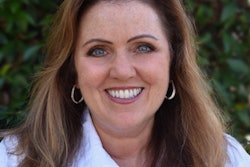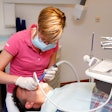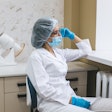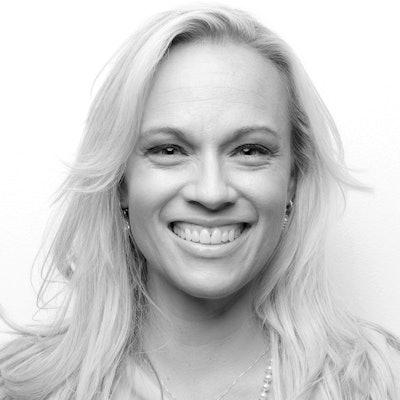
When most hygienists think about leadership, they wonder, "How does it apply to me?" Dental hygienists emerge into the career as clinicians, as providers, and as leaders of our patients and teams. We typically do not think of ourselves as leaders in this way, but we are. Our teams and patients think of us this way, and so should you.
One of the reasons I studied organizational leadership in my doctoral education was to develop a framework of leadership for dental hygiene and to help dental hygienists understand their roles as leaders.
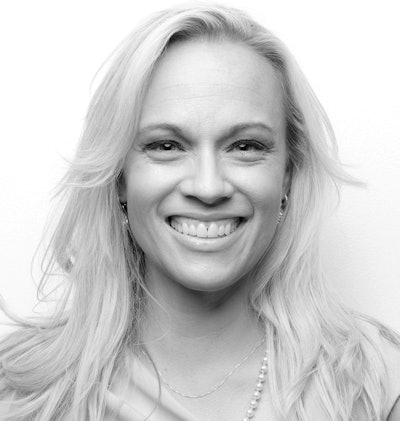 Kelly Tanner, PhD, RDH.
Kelly Tanner, PhD, RDH.Remember when you shadowed in the dental office and realized that a dental hygienist was what you wanted to be? I believe part of that is because you witnessed the impact that the hygienists had within the practice as leaders. The doctors, patients, and team rely on us as providers to maintain our professional competence and bring the information back to provide the best care possible.
Here are three things I believe about dental hygienists: They utilize clinical decision-making to discern the best care for patients, they diagnose alongside the doctors to ensure patients are educated about their treatments, and they create value in patients' lives through the recommended treatments.
When I was in the hospital having my first child, I remember the trust I had with my nurses and in their care. They knew how to care for me, what to assess, when I needed or no longer needed medication, and when to ask for more support. I realized that patients see their dental hygienist in this similar light, as an actual care provider and a trusted partner in their care.
What makes a leader? Trust, competence, influence, and communication, to name a few qualities. Are you mindful of how you affect your teams as a leader in these ways? How are you showing up as the leader that others look to for guidance, professionalism, and patient care? Are you leaning into your place of strength and interest? Are you intentional about your relationships as a leader within your practice setting as a dental hygienist? These questions don't just relate to the clinical setting, they apply across all roles of the dental hygienist.
One of the first steps to improve your leadership is by developing self-awareness. We are all evaluated by an annual or 90-day evaluation from our employer, but we can do better than this. Ask others to provide feedback on the different communication areas, as well as specifics about how you communicate and how you can improve. One of the first things we must do when asking for this is to be receptive and open to the change. You want to improve and grow to be the best version of yourself, right? Having others provide this type of 360° feedback can help you jumpstart your intentional growth as a leader, which also benefits you in other areas of your life.
I encourage you to start where you are in your journey and learn more about yourself, the perception of who you are, and if it aligns with how you show up in the world.
Lead on, my friends. Your patients and your profession rely on your leadership.
Kelly Tanner, PhD, RDH, is an industry educator and certified executive coach with doctoral education in organizational leadership. She has served in different capacities in dental hygiene, including as an entrepreneur and a researcher, and in academic, corporate, and clinical areas. She has also been active with the American Dental Hygienists' Association at both the state and national levels. Learn more about her at www.NextLevelDentalHygiene.com.
The comments and observations expressed herein do not necessarily reflect the opinions of DrBicuspid.com, nor should they be construed as an endorsement or admonishment of any particular idea, vendor, or organization.

